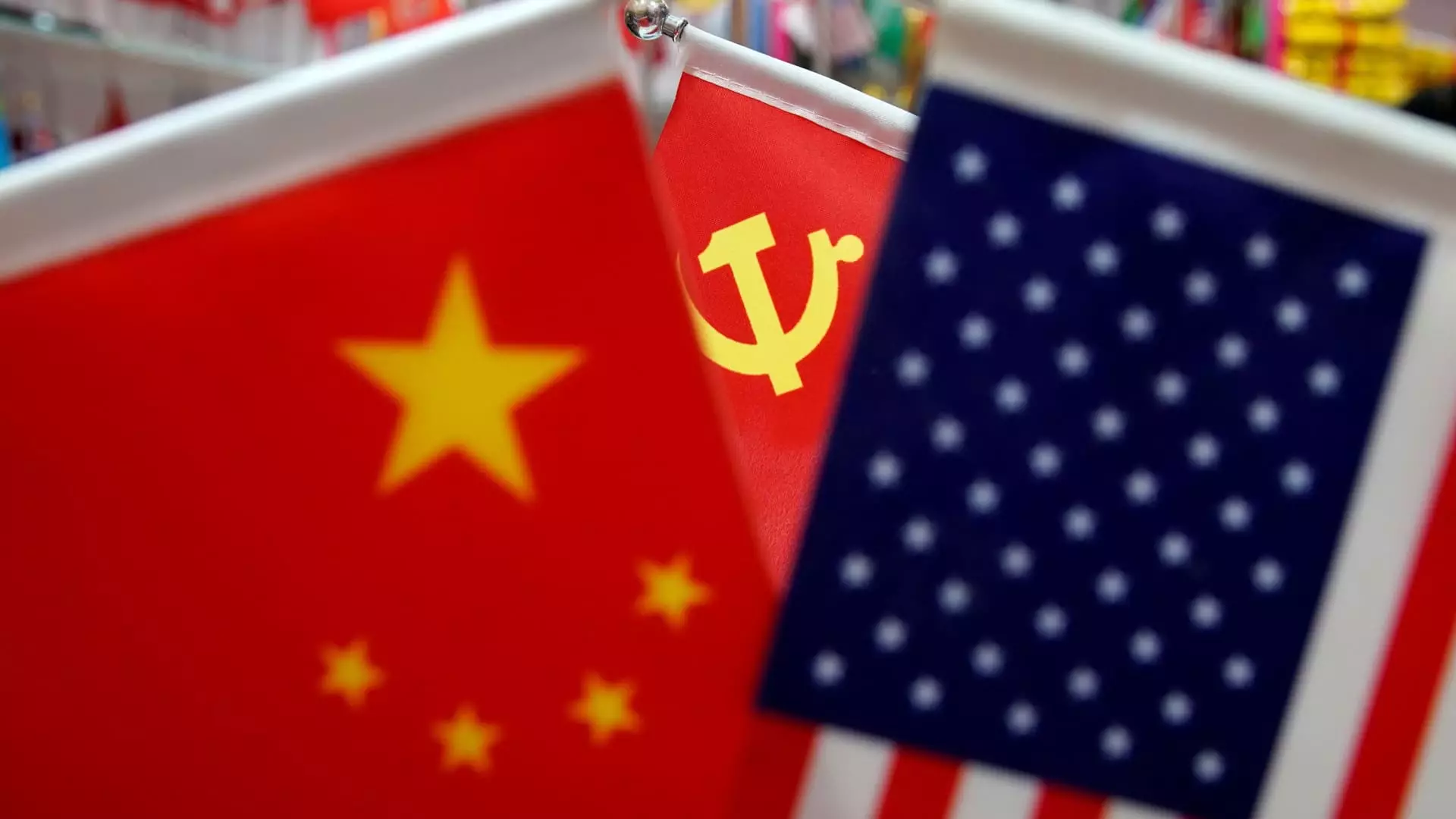In the wake of Donald Trump’s anticipated presidency, the Chinese government has publicly expressed a desire for enhanced collaboration with the United States. According to He Yongqian, spokesperson for China’s Ministry of Commerce, the underlying philosophy of this outreach is rooted in mutual respect and a commitment to peaceful coexistence. This dialogue signals China’s recognition of the importance of a stable relationship with the U.S. as both countries confront the complexity of global trade dynamics. Chinese leaders are proactively advocating a framework of win-win cooperation, suggesting they prefer diplomacy and open communication over a confrontational stance.
The comments from Beijing highlight an increased concern regarding the potential escalation of trade tensions, particularly with looming tariffs and restrictions on technology exports. Trump’s approach toward China has evolved over his first term, with a more aggressive fiscal policy that has raised alarms in Chinese halls of power. Experts like Yue Su foresee the likelihood of tariffs being enacted early in Trump’s second term, particularly using legislative measures that allow for significant increases in tariffs. The implications of these actions could ripple through global markets, affecting not just China but also trade partners across Asia and beyond.
Analysts are divided on the potential repercussions of increased tariffs on the Chinese economy. While some foresee a grim outcome from Trump’s proposals, others remain optimistic that a full-scale trade war may be avoided. For instance, David Chao from Invesco argues that overly severe tariff proposals might serve as negotiating tools rather than actual policies, designed to extract concessions from China, like increased agricultural imports. This dichotomy of perspectives underscores the uncertain nature of international trade relations amid shifting political landscapes.
Moreover, the future of U.S.-China relations is influenced by a myriad of factors that extend beyond tariffs. Geopolitical issues, economic dependencies, and the respective nations’ domestic policies will play significant roles in shaping the trajectory of these relationships. The Chinese government’s proactive approach, focusing on cooperation rather than conflict, reflects an understanding that a fragile trade ecosystem can have far-reaching consequences, not merely for bilateral relations but also for global economic stability.
A Global Marketplace in Flux
As the world watches the unfolding of these crucial interactions, the importance of a cooperative framework cannot be overstated. A healthy economic relationship between the U.S. and China is vital not only for the two nations involved but for the global marketplace as a whole. Should tensions escalate, the resulting volatility could undermine growth initiatives, disrupt supply chains, and destabilize economies in various regions. By emphasizing dialogue and mutual benefit, both nations have the opportunity to steer towards a path that fosters prosperity and mitigates risks for their respective citizens.
With the shifting political tides in the U.S. and the proactive diplomacy from China, the coming years may determine the framework of one of the most significant economic relationships in the modern world. How these two superpowers navigate their complexities will undoubtedly shape the future of global trade dynamics.

